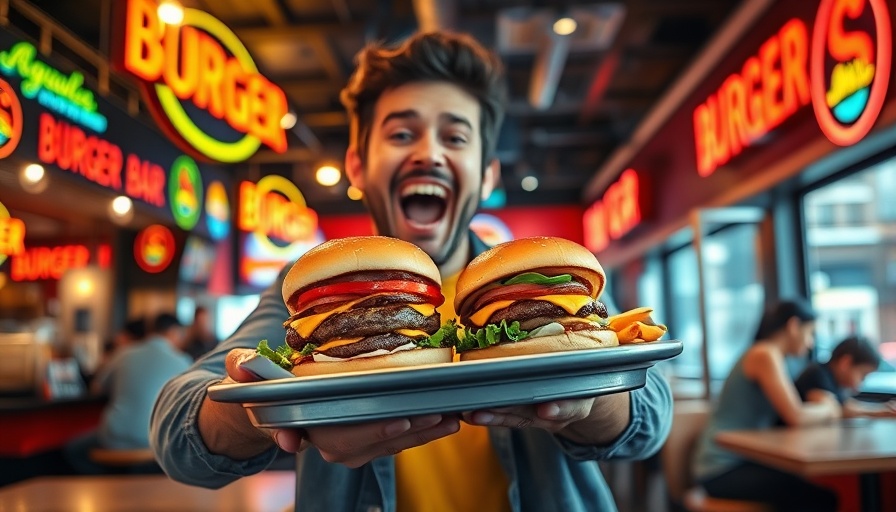
The Power of Reflective Listening in Fine Dining
Reflective listening is more than just a communication skill; it’s a vital strategy for fostering trust and motivation within teams, particularly in high-pressure environments like fine dining restaurants. In these bustling culinary establishments, where attention to detail is paramount, effective communication can either elevate or diminish the dining experience.
Understanding the Value of Listening
In a restaurant context, reflective listening helps leaders and staff understand guests’ and colleagues’ needs without jumping straight to solutions. For example, when an employee expresses feeling overwhelmed, instead of rushing to suggest a solution like delegating tasks, a simple reflection like, ‘It sounds like you’re feeling a bit lost with your workload,’ opens the door to a deeper conversation. This method can reveal underlying issues, such as burnout or the need for additional support, which a superficial problem-solving approach might overlook.
Open-ended Questions: A Door to Better Service
Asking open-ended questions is a fundamental aspect of reflective listening that encourages further dialogue. Questions such as ‘What did you think of the guest’s feedback?’ or ‘How did you feel about the last dinner service?’ invite more thoughtful responses and foster a collaborative atmosphere. In fine dining, this approach not only helps staff learn from experiences but also makes diners feel heard and valued, enhancing their overall experience.
Building a Framework for Empathic Communication
Restaurant leaders can benefit significantly from training in reflective listening. Implementing workshops focused on these skills can create a culture of empathy, resulting in improved team dynamics and guest relations. Staff who feel understood are more likely to go above and beyond to deliver exceptional service, thus creating memorable dining experiences for guests.
Practical Tips for Implementation
1. **Practice Active Listening**: Encourage team members to summarize what a colleague or customer says before responding. This can help ensure they have accurately understood the message. 2. **Role-play Scenarios**: Use real-life scenarios from the restaurant environment to practice reflective listening and addressing needs appropriately. 3. **Create Safe Spaces for Sharing**: Establish regular check-ins where staff can express feelings about their work environments openly.
The ability to listen reflectively is not solely about improving internal communication; it significantly impacts customer experience. Reflective listening cultivates an atmosphere of trust, making diners feel respected and valued, which is integral to high-end restaurant experiences. In a world driven by instant solutions, the art of genuinely listening can transform both team dynamics and customer relationships.
Incorporating these practices into everyday operations can lead to elevated service standards. It can be the differentiating factor that sets a fine dining restaurant apart. Those looking to enjoy the best fine dining restaurants near me will not only recognize the quality of food but will also appreciate the attentive service that comes from a culture truly committed to understanding and catering to their needs.
 Add Row
Add Row  Add
Add 




Write A Comment